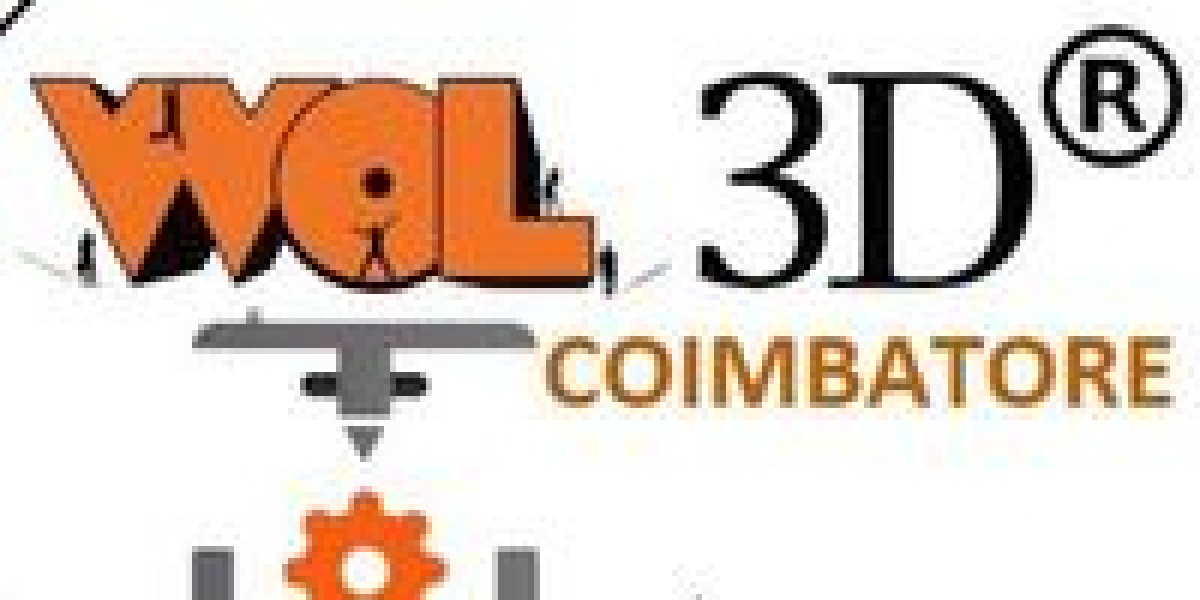In a world where technological advancements are reshaping traditional industries, blockchain technology stands out as a revolutionary force, especially in real estate. The significance of real estate ownership rights cannot be overstated, and blockchain's emergence has brought about a paradigm shift in how we perceive and manage these rights. This article explores the transformative power of blockchain in real estate ownership and the concept of tokenization, which is redefining the landscape of property investment and management.
Traditional Challenges in Real Estate Ownership
Real estate ownership has long been plagued by challenges such as lack of transparency, lengthy processes, and limited access to investment opportunities. Traditional methods of property transactions often involve multiple intermediaries, resulting in inefficiencies and increased costs. Moreover, the lack of transparency in property records can lead to disputes and legal complications, further hindering the seamless transfer of ownership rights.
Understanding Blockchain in Real Estate
Blockchain technology, often synonymous with cryptocurrencies like Bitcoin, is a decentralized digital ledger that records transactions across a network of computers. In the context of real estate, blockchain offers several advantages, including transparency, security, efficiency, and accessibility. By storing property records on a tamper-proof and immutable ledger, blockchain ensures transparency and eliminates the risk of fraud or manipulation. Additionally, blockchain-based smart contracts enable automated execution of property transactions, streamlining processes and reducing the need for intermediaries.
Tokenization: Redefining Ownership Rights
Tokenization refers to the process of digitizing real-world assets and representing them as tokens on a blockchain. In the realm of real estate, tokenization allows property owners to divide their assets into tradable tokens, enabling fractional ownership and increased liquidity. By tokenizing real estate assets, investors can access previously inaccessible markets and diversify their portfolios without the constraints of traditional property transactions. Moreover, tokenization reduces transaction costs and enables instantaneous settlement, further enhancing the efficiency of real estate transactions.
Case Studies and Examples
Several successful implementations of blockchain in real estate have demonstrated the transformative potential of tokenization. Projects like Propy and RealT have facilitated the tokenization of properties, allowing investors to purchase fractional ownership through blockchain-based platforms. These initiatives have not only democratized access to real estate investment but also paved the way for innovative financing models such as security token offerings (STOs) and decentralized finance (DeFi) protocols.
Regulatory Framework and Challenges
Despite the promising prospects of blockchain in real estate, regulatory challenges remain a significant barrier to widespread adoption. The regulatory landscape surrounding blockchain and tokenization varies across jurisdictions, with some countries embracing innovation while others adopt a more cautious approach. Concerns regarding investor protection, compliance, and anti-money laundering (AML) regulations pose challenges to the mainstream adoption of blockchain-based ownership rights. However, proactive regulatory frameworks and collaboration between industry stakeholders are essential to address these challenges and unlock the full potential of blockchain in real estate.
The Future of Real Estate Ownership
Looking ahead, the future of real estate ownership is closely intertwined with blockchain technology and tokenization. As blockchain continues to mature and regulatory frameworks evolve, we can expect to see increased adoption of tokenized real estate assets and innovative applications of blockchain in property management and investment. From fractional ownership of luxury properties to democratized access to global real estate markets, the possibilities are limitless. Investors and property owners alike stand to benefit from the efficiency, transparency, and accessibility offered by blockchain-based ownership rights.
Conclusion
In conclusion, blockchain technology is poised to redefine ownership rights in real estate, ushering in a new era of transparency, efficiency, and accessibility. Through tokenization, property owners can unlock previously untapped value in their assets, while investors gain access to diversified investment opportunities. While regulatory challenges persist, the momentum behind blockchain in real estate is undeniable. As we navigate the complexities of the digital age, embracing innovation is key to unlocking tomorrow's potential in real estate ownership.







